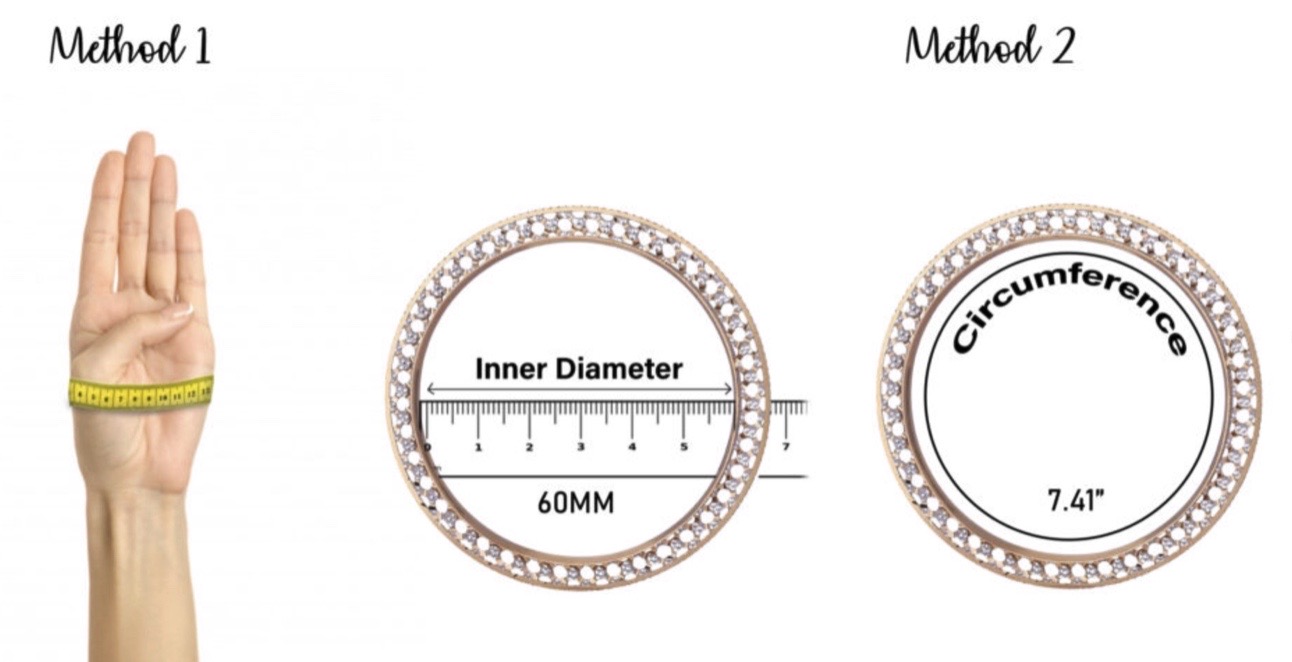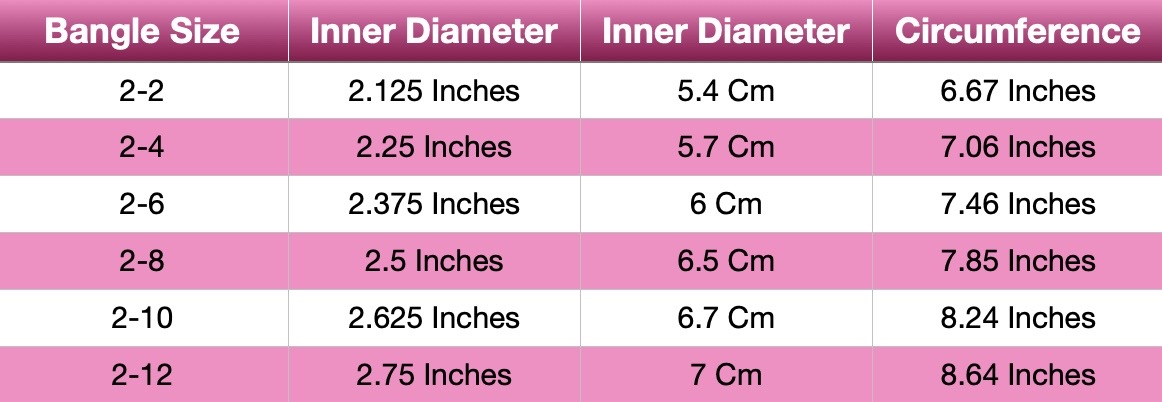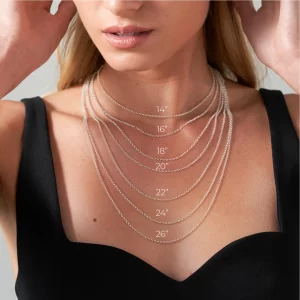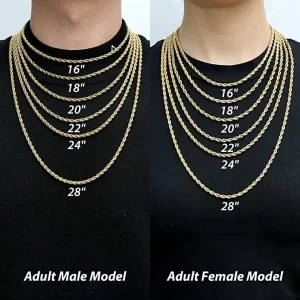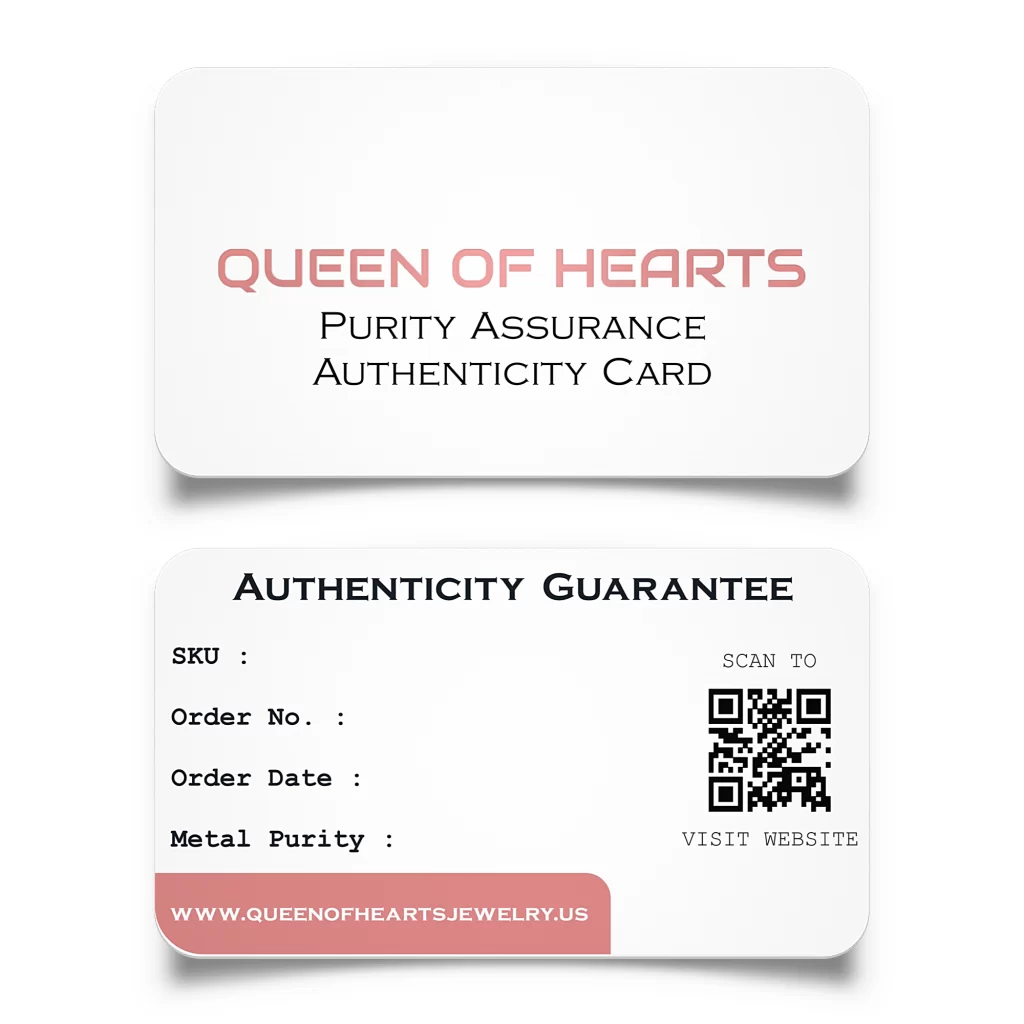Can you shower with a gold chain?
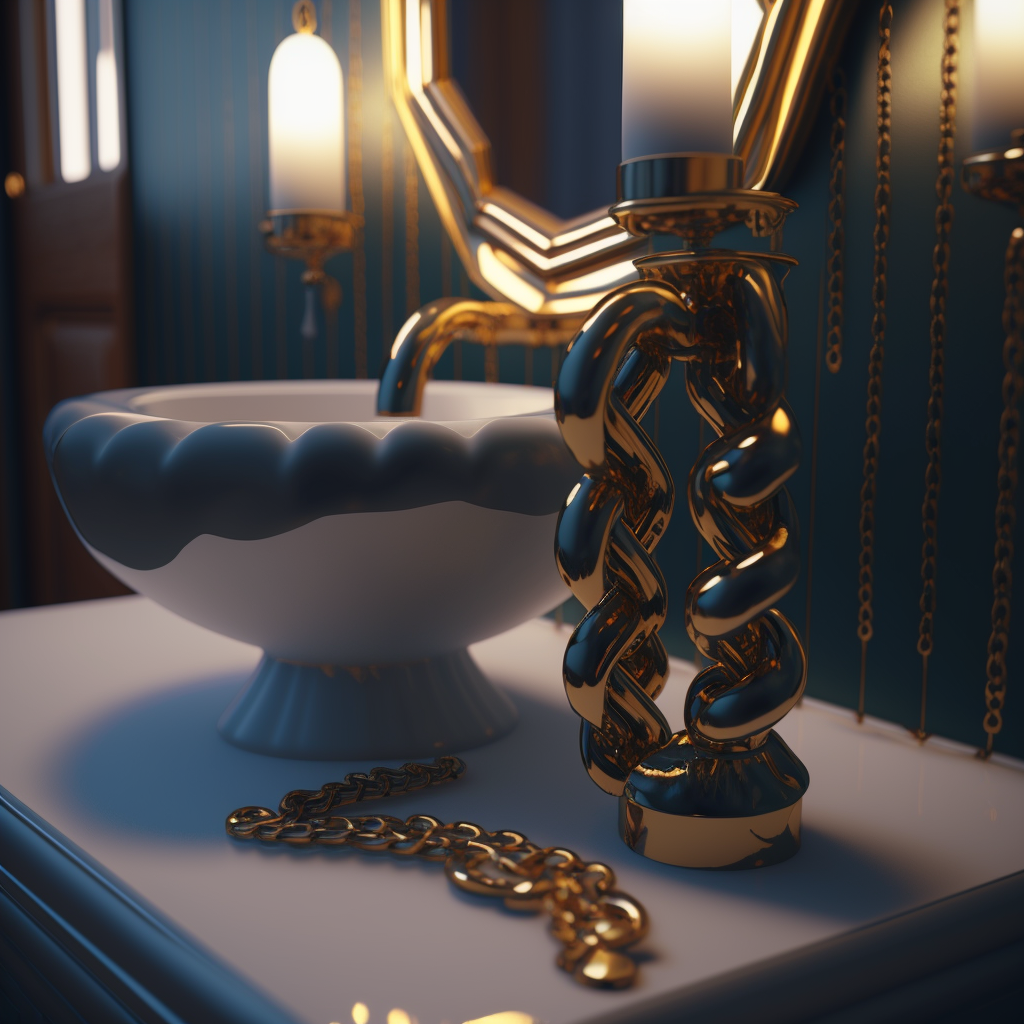
If you’re the proud owner of a gold chain, you’ll probably already know that it requires some regular TLC and expert care to keep it in pristine condition. After all, gold is a soft metal, and can be easily damaged through prolonged wear, friction, and pressure. Gold can also easily become tarnished when exposed to harsh products, so it’s important to know the dos and don’ts for maintaining gold jewelry.
But when it comes to your day-to-day activities, how does a gold chain fare? For example, can you shower with a gold chain? Do you need to take your gold chain off every time you take a bath? We’re going to answer all of these questions and more in the following quick guide, so keep reading!
DOES WATER DAMAGE GOLD?
In short – yes and no. Water alone isn’t going to damage gold, but water damage can potentially ruin the shine and pigment of high-karat fine gold items, known as gold tarnishing. Although do note that it really depends on the karat of the gold. Pure gold (24k gold) is incredibly delicate and malleable, and can easily become damaged if exposed to hot water, strong chemicals, and even prolonged contact with water. If you wanted to avoid damaging pure gold items, it’d be best to simply remove them before hopping in the shower.
CAN YOU SHOWER WITH A GOLD CHAIN?
Ideally, no. While you can take a shower while wearing a gold chain, you need to be incredibly cautious to ensure that none of your body care and hair care products come into contact with your gold chain. You also need to make sure to keep your shower quick (less than 60 minutes) while also avoiding hot water and ensuring that your chain doesn’t become entangled in your hair. Complicated, right? All in all, it’s probably easier just to remove your gold chain while showering, and put it back on once you’re finished.
CAN I SWIM WEARING A GOLD CHAIN?
We’d avoid going for a swim wearing a gold chain. The chlorine present in a swimming pool can end up tarnishing your chain, and spending more than 60 minutes in the water can also weaken a pure gold chain. You may also end up scratching your gold chain against the pool walls, so it’s best to remove it before heading for a swim.
We’d also recommend that you avoid swimming in the sea while wearing a gold chain, as the salt grains in the sea can contribute to the disintegration of the gold metal, while also causing tarnishing.
If you do go swimming or swim in the sea with a gold chain, make sure to quickly rinse it off afterwards with cold water.
DOES GOLD RUST?
As a noble metal, gold is incredibly resistant to other elements, and won’t tend to rust easily. However, the durability of your gold jewelry will depend largely on its share of alloyed metals. As gold is a soft metal, most jewelers craft their fine jewelry using other metals, which makes the jewelry more flexible and durable. The higher your share of alloyed metals, the higher your chances of your gold rusting or becoming tarnished.
This is because alloyed metals – unlike gold – react when exposed to oxygen and sulfur, and any exposure to moisture can provoke oxidation, aka rusting and corrosion. For rust-resistant chains, you’d be better opting for 22k gold chains, which contain just 8% alloyed metals and 92% pure gold.
HOW TO KEEP YOUR GOLD CHAIN FROM TARNISHING
If you want to keep your gold chain in pristine condition, here’s what we’d recommend:
- Opt for a chain with a lower share of alloyed metals. 18k gold, 22k gold, and 24k gold are your best options if you want to prevent tarnishing. The fewer alloyed metals present in your necklace, the less vulnerable it will be to element-induced corrosion.
- Take your gold chain off before showering and swimming. The best protection against tarnishing? Prevention. It’s so much easier to avoid a problem than spend time searching for a solution – removing your jewelry is the best way to prevent tarnishing and rusting.
- Always rinse your chain after water exposure. If you do happen to expose your gold necklace to any harsh chemicals such as chlorine or shampoo, rinse off your necklace thoroughly and leave to dry naturally in a cool place. If your pieces become tarnished, you can also check out some at-home tarnishing removal methods, but when it comes to expensive, fine jewelry, we’d recommend going to a professional jeweler.

